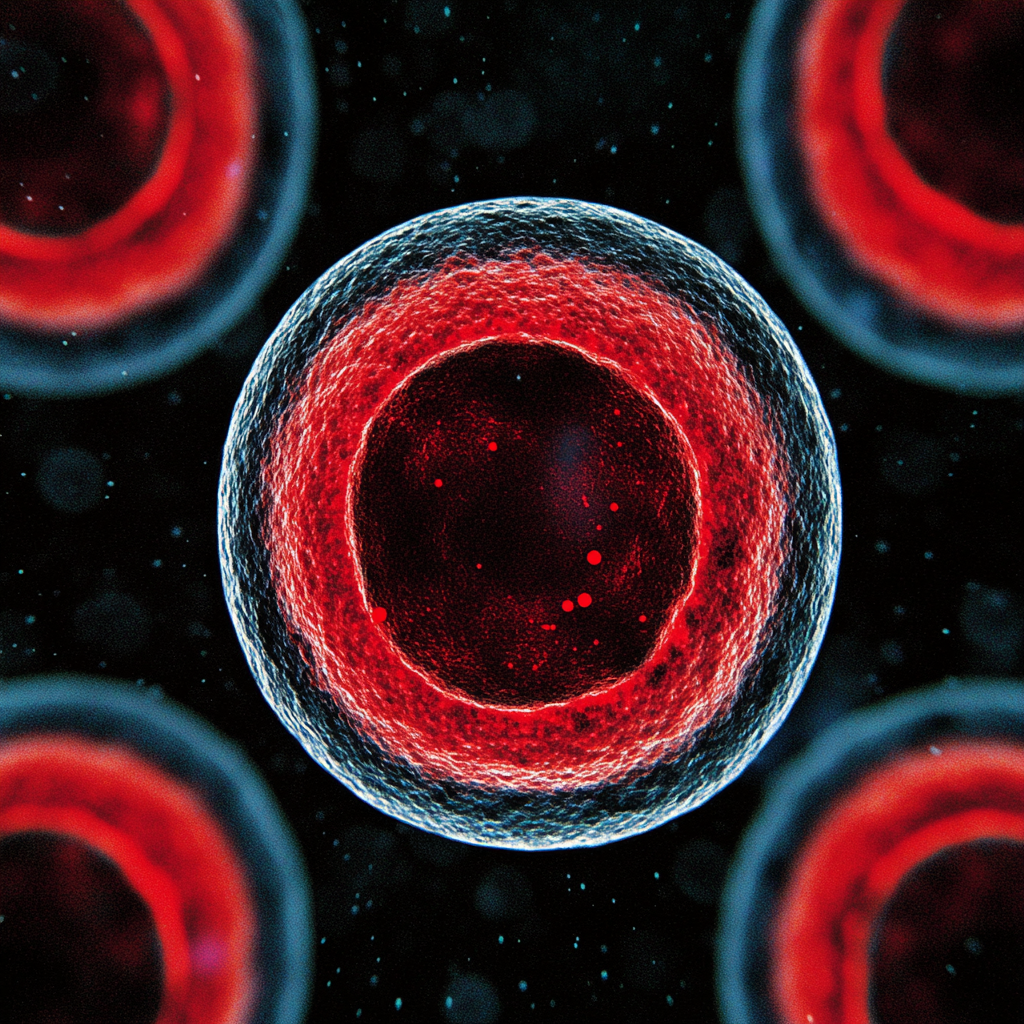BMC Med. 2025 Oct 24;23(1):583. doi: 10.1186/s12916-025-04418-y.
ABSTRACT
BACKGROUND: Patients with non-germinal center B-cell-like (non-GCB) diffuse large B-cell lymphoma (DLBCL) often exhibit suboptimal responses to standard rituximab, cyclophosphamide, doxorubicin, vincristine, and prednisone (R-CHOP) therapy.
METHODS: This multicenter, phase II study evaluated the safety and efficacy of zanubrutinib, lenalidomide, and R-CHOP (ZR2-CHOP) in newly diagnosed non-GCB DLBCL. Patients received oral zanubrutinib (160 mg twice daily), lenalidomide (25 mg once daily on Days 1-7), and standard R-CHOP every 21 days for up to six cycles.
RESULTS: A total of 34 patients were enrolled. The median age was 55 years, with 29.4% over 60 years. Double-expressor lymphoma (DEL) was present in 64.7%, and 39.3% were classified as the MCD genetic subtype. The best overall response rate was 100%. Complete response (CR) was achieved in 70.6% of patients at mid-treatment and 94.1% at end-of-treatment. With a median follow-up of 28 months, the 2-year progression-free survival (PFS) rate was 84.8%, and the 2-year overall survival (OS) rate was 96.8%. In this small cohort, PFS benefit appeared consistent across high-risk subgroups, including those with DEL and MCD subtypes. Plasma ctDNA negativity was achieved in 84% (21/25) of evaluable patients during treatment. Grade 3-4 adverse events occurred in 67.6% of patients, primarily hematologic toxicities.
CONCLUSIONS: ZR2-CHOP demonstrated promising efficacy and manageable toxicity in newly diagnosed non-GCB DLBCL.
TRIAL REGISTRATION: ClinicalTrials.gov Identifier: NCT05200312 (registered January 20, 2022).
PMID:41136989 | DOI:10.1186/s12916-025-04418-y
